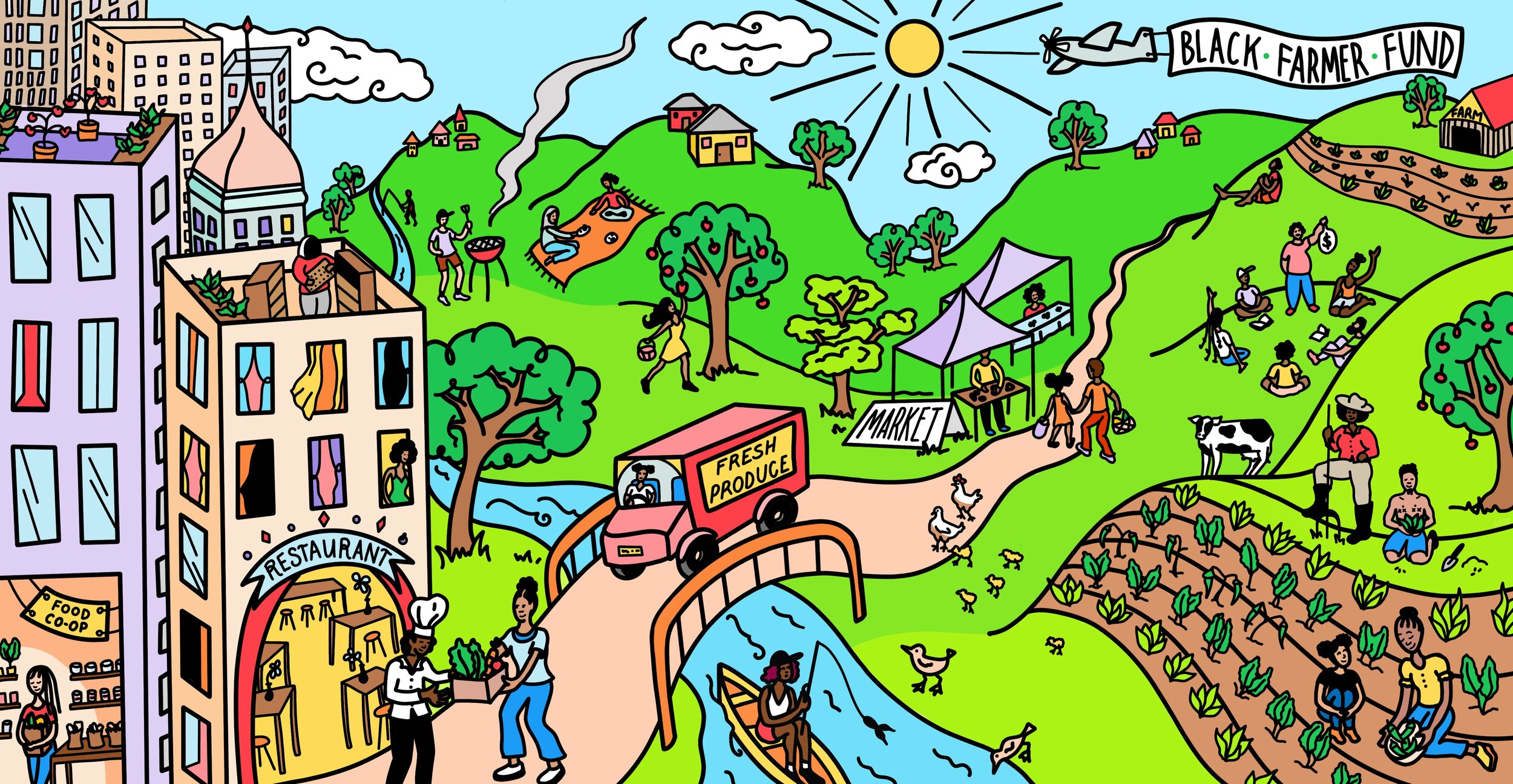The Helping Hand That is Your Own
By: Onika Abraham Lee
This blog post contains the personal opinions and reflections of the author and is not representative of the voice of the organization.
It’s Black Philanthropy Month, and I have lapel pins on my mind. My first experience of Black philanthropy came through my father's collection, which included dozens of pins from just one organization: the Black United Fund. Established in 1972, the Black United Fund was founded to create a national network for systematic and strategic Black fund-raising and self-help. My father, Roy J. Abraham, was inspired by the organization’s work in New York City, where funds raised from the Black community were invested in Black-owned businesses, housing complexes, arts, and social service organizations.
He began volunteering, pushing successfully to have Black United Fund as a beneficiary in the corporate matching gift program at IBM, where he worked for 20 years. He gave his ever-replenishing stash of lapel pins to coworkers he enlisted to advocate for and invest in the Fund. He was so devoted to the cause that, as a child, I sometimes wondered if his job was with IBM or the Black United Fund.
The Black United Fund’s motto – “The Helping Hand That is Your Own”-- resonated deeply with my father. It appealed to his commitment to Black solidarity, self-determination, sovereignty, and power. He also knew, as I know now, that the helping hand from our own community has been critical to the survival of Black people throughout history. Provisioning plots, manumission pools, cundinas, susus, cooperatives, quilting bees, potlucks, burial collections, barn raisings, bail funds, rent parties, giving circles – Black beneficence has gone by many names. Philanthropy has rarely been one of them, but Black people have always been philanthropists.
A recent study found that nearly two-thirds of Black U.S. households donate a total of $11 billion annually to community-based organizations and causes, and Black households, on average, give away 25 percent more of their income per year than Whites.
Black philanthropy through individual giving is massive, and our presence and power in private, public, and corporate foundations has been on the rise. Currently, 92 percent of US foundation presidents are white, 83 percent of full-time executive staff are white, and 68 percent of program officers are white. More than 40 percent of the US population is not white, and yet less than 7 percent of total grantmaking is directed to the benefit of communities of color. Black, brown, and indigenous people of color are joining and rising in the ranks at foundations, finding community and support through affinity groups like the Association of Black Foundation Executives, Hispanics in Philanthropy, Native Americans in Philanthropy, and Blue Sky Funders Forum, the organization that I am proud to lead.
Today, Black foundation executives and trustees are bringing with them our age-old models of mutual aid and our cultural values of self-determination and collective action, shaking up traditional philanthropy from within. And we continue the legacy of our forebears by building new institutions, like Black Farmer Fund. My investment of time and money in Black Farmer Fund honors my father and all of my ancestors who were philanthropists in every sense except name. Together, we continue to strengthen the helping hand that is our own.
Learn more about how to support Black Farmer Fund’s BFF Fund 2.0 to create a thriving food system in our hands, together.
Onika Abraham Lee, Board Member, Black Farmer Fund, Executive Director, Blue Sky Funders Forum
This post has been edited by Onyx Ramírez


